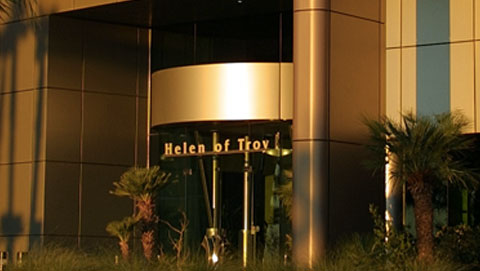APEC Privacy Framework
What is the APEC Privacy Framework?
The Asia-Pacific Economic Cooperation (APEC) Privacy Framework is a non-binding guide for consistent data privacy protections across Asia-Pacific. It balances individual privacy with economic interests by outlining principles for collecting, using, and securing personal information. While not legally enforceable, adhering to the Framework’s principles helps organizations comply with individual member economies’ data privacy laws. The APEC Privacy Framework is based on the OECD Privacy Guidelines, a set of international principles for protecting personal information.
Overview of the Act
- Law: Asia-Pacific Economic Cooperation Privacy Framework
- Region: Asia-Pacific
- Signed into Law: 2005
- Industry: All organizations (public or private) that do business in Asia-Pacific region
Personal Data Covered APEC Privacy Framework
The Privacy Framework applies to “personal information,” including any data identifying a specific individual, such as name, address, email, and financial information. The definition of “personal information” may vary slightly depending on the individual APEC member economy and domestic data protection laws. However, the core concept remains consistent – any data that can be linked to a particular person is considered personal information under the Privacy Framework.
Data Protection Principles
The Framework outlines seven core data protection principles:
- Accountability
- Collection Limitation
- Purpose Specification
- Use Limitation
- Security Safeguards
- Openness and Transparency
Rights Under the Act
The Framework gives individuals certain rights regarding their personal information, including:
- Access to their data
- Correction of inaccurate data
- Opt-out of marketing communications
Who Needs to Comply?
This Privacy Framework applies to public and private organizations that collect, hold, process, use, transfer, or disclose personal information. This encompasses various industries, from e-commerce and finance to healthcare and social media. However, individual economies may have their definitions of a “data controller” with varying compliance requirements.
Exceptions
The Framework has limited exceptions. Personal or household data collection unrelated to business activities typically falls outside the scope.
Noncompliance Fines
The Privacy Framework itself doesn’t impose fines. It serves as a non-binding guideline for member economies. However, member economies may have their own data protection laws with associated penalties for non-compliance.
Compliance Authority for APEC Privacy Framework
There’s no central enforcement authority. Each APEC member economy implements and enforces the Framework within its jurisdiction.
In conclusion, understanding and adhering to the Asia-Pacific Economic Cooperation- Privacy Framework is crucial for organizations operating within APEC member economies to protect personal data. Implementing robust data security solutions like data masking can aid organizations in complying with the framework’s principles and safeguarding sensitive information.
FAQ
Is the APEC Privacy Framework legally binding?
The Framework serves as a set of principles and guidelines rather than legally binding regulations. It encourages member economies to adopt consistent privacy protection approaches but allows implementation flexibility.
Does the APEC Privacy Framework address data breach notification requirements?
The Framework encourages member economies to establish mechanisms for addressing data breaches. However, specific data breach notification requirements may vary among individual member economies, as they may have regulations in place.
Does the APEC Privacy Framework include provisions for third-party data processors?
The Framework emphasizes accountability and responsibility for all entities processing personal data, including third-party data processors. Organizations must ensure that third parties comply with the framework’s principles.
Is there a certification process for demonstrating compliance with the APEC Privacy Framework?
While the Privacy Framework does not offer a formal certification process, organizations can demonstrate compliance by aligning their data protection practices with its principles. Adherence to recognized privacy standards may also serve as evidence of compliance.





